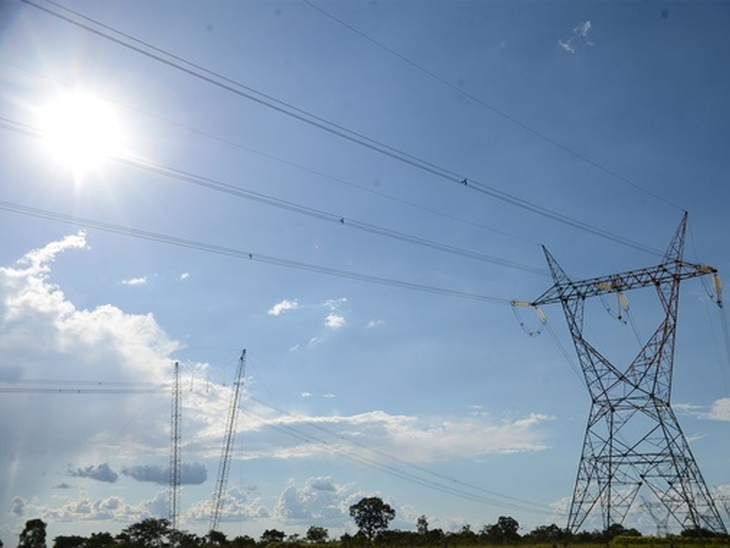
 Electricity
Electricity
T&B Petroleum/Agência Brasil

The A-6 Energy Auction for power generation from new ventures held last Friday (18) moves $ 44 billion in contracts for a power of 2.9 gigawatts. The capacity is capable of servicing 1.5 million homes. Of this total, 1 gigawatt will be supplied by wind farms, 734 megawatts for gas thermal plants and 530 megawatts for solar sources.
Secretary of Energy Planning and Development at the Ministry of Mines and Energy, Reive Barros, called the auction a success. "We are getting enough energy and needed to meet market growth." For him, the hiring take into consideration the forecast for the country to have economic growth again next year.
The energy will be provided by hydroelectric, solar, wind, gas and biomass power plants. The entrepreneurs will make a total of R $ 11.1 billion in investments. The average price of $ 176 per megawatt hour was 33.7% below the reference values.
In the morning, the Minister of Mines and Energy, Bento Albuquerque, said that contracting renewable sources is also a way to make the Brazilian energy matrix increasingly sustainable. "This issue of energy transition also leads to a diversification of our matrix and also a balance so that we have energy security that allows sustainable growth of the country."
The power will be provided by hydroelectric, solar, wind, gas and biomass power plants. The entrepreneurs will make a total of R $ 11.1 billion in investments. The average price of $ 176 per megawatt hour was 33.7% below the reference values.
With a total of 91 generators, 44 are wind sources and 27 are from hydroelectric plants. There are also 11 solar projects and nine thermoelectric plants. The average price of hydroelectric generators was R $ 205.78, wind farms R $ 98.89, thermal ones R $ 188.88 and solar ones R $ 84.39.
Contracts
Generators will have to supply the contracted energy from 2025. The contracts with the hydroelectric plants are valid for 30 years, the thermal ones with 25 years and the terms with wind and solar, 20 years.
The contracts will be signed by nine distributors. Light from Rio de Janeiro accounted for 38% of the trading volume and Cemig from Minas Gerais for 15%. Also included were Boa Vista Energia (Roraima), Ceal (Alagoas), Celpe (Pernambuco), Cemar (Maranhão), Cepisa (Piauí), Celpa (Pará) and Coelba (Bahia).
Contact us